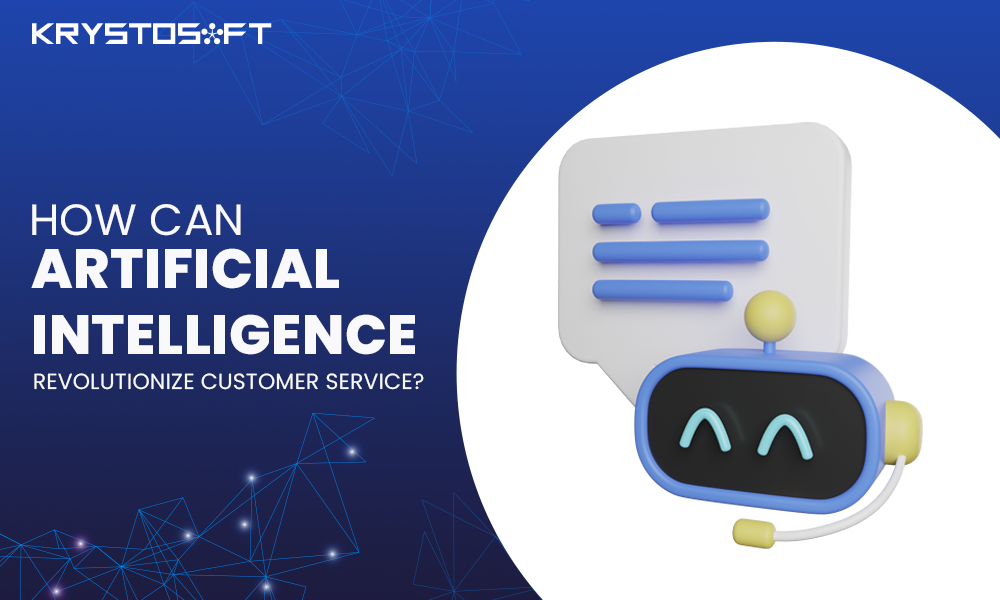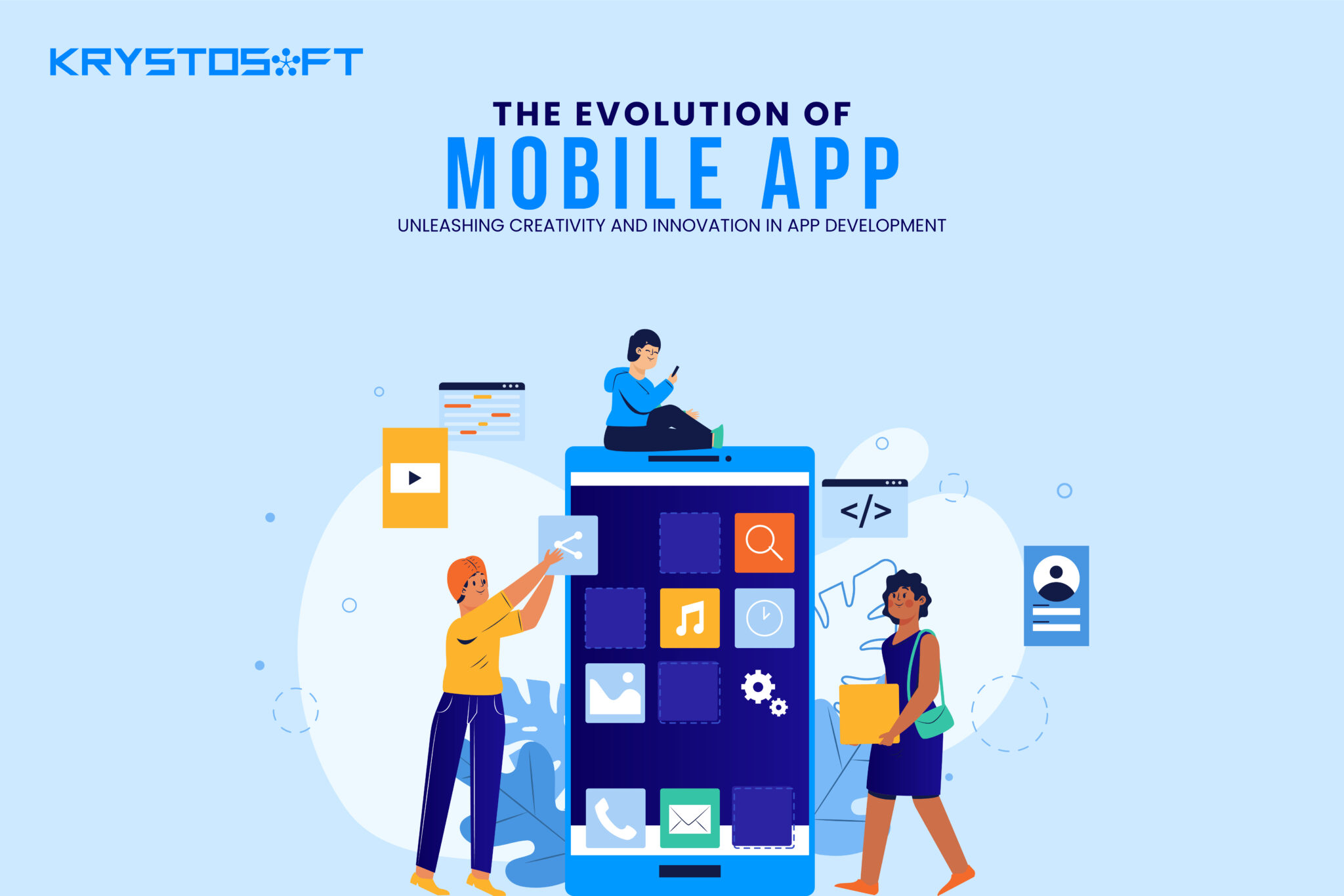It’s not just about selling the product but rather about how you sell it. Moreover, it’s also about how you cater to your customer’s concerns after they have bought your product. These interactions with customers are known as customer service.
Customer service helps attract new customers and provide them a delightful experience. Furthermore, it also helps retain customers and maintain long-term relationships. Like they say, retaining customers is less costly as compared to attracting new ones.
But with good customer service, you get both new customers and retain new ones as well.
However, customer service has a lot of aspects that companies need to address. As a result, they need to pull out all the stomps to ensure the perfect experience for the customer.
But, add artificial intelligence to the mix and everything becomes easier. Don’t believe it? Let’s look at the numbers. According to Capgemini, as of 2023, 63% of retail organizations are already using Generative AI to improve the customer experience. So, we can see that artificial intelligence has already solidified it’s foundations in the world of customer service.
In today’s blog, we’ll dive deep and discuss how AI can improve customer experience. So stay tuned and keep reading.
1. Targeting the Right Products to Customers
The first way AI helps improve customer experience is by helping companies target customers with the right product. How? At first, companies had to maintain loads of customer data. Based on that data the marketing department would decide new strategies on a grand level. However, It would take a great deal of time to brainstorm, and implement those strategies and tell lower level executives about how to target their customers.
But fast forward to 2024, this is not the case. Now, there’s no need to hold large board meetings to decide targeting strategies, and then “trickle” them down to lower level executives.
Based on your data, AI will decide on what products to targets to customers. It will use the existing data to highlight purchasing trends and then decide which products suit which customer.
So now, you don’t need a lot of information to decide how to target customers, and follow the “one size fits all” approach. Artificial intelligence makes the targeting process agile and helps you “Cross-Sell” and “Up- Sell” products with ease.
But that’s not all. Using the capabilities of machine learning, you can also help AI learn about the latest customer trends. Machine learning techniques such as reinforcement learning help AI build certain relations between variables, allowing them to predict future trends and provide necessary insights.
2. Providing After Sales Support
Ai in customer service not only helps with sales, but also provides customers with after sales support. For example, if you’re part of an inbound call centre team, the chances are that you’re juggling many balls at the same time. You’ll probably be taking calls, generating tickets, and also taking updates on the resolution of persisting issues.
This is a big hassle, which makes the work-schedule hectic and also increases chances of error. But, with AI that’s not the case. For example, if you’re a chat support agent, chances are that you receive tons of emails pertaining to various issues.
Now, the problem is that you’ll have to come up with a certain response to each query which takes time and effort. But, why not use AI and come up with a tailor-made response within a matter of seconds. Therefore, you’ll be able to cater to more queries within less time, improving customer satisfaction.
Moreover, generative AI also helps you organize complex data into reports. So, if you’re part of a software company, AI can help you compile the software bugs into a “bug report” that you can send to the relevant department. A detailed bug report will easily help resolve issues with a better understanding of the problem.
As a result, the problem will be completely resolved in one go, leading to satisfied customers. So, the combination of artificial intelligence and customer service go hand in hand to provide unparalleled customer experience.
But that’s not the end of it. The incorporation of AI also helps ensure that customer dissatisfaction is handled in the most appropriate manner. How does AI do this? The answer is sentiment analysis. AI has the ability to analyze customer emotions and generate voice and written responses which try to curb outrageous reactions.
Now, how does this help? Sometimes while talking to costumers, agents face a “mental block” because of the customer’s intimidating tone. As a result, they fall into “painic” mode. In turn, they are unable to effectively address the customer’s pain points, leading the customer to get infuriated further, which only escalates the problem.
However, by bringing AI into the mix, this is no longer the case. AI is able to analyze the customer’s reaction and generate an appropriate response. Thus, the burden of customer handling decreases on part of the employee, and the accurate response handles the customer effectively, softening them up for a better analysis of their problem.
Hence, AI also improves customer retention by providing effective customer support.

3. Offer Multilingual Support
Another benefit of using AI based customer service is its ability to offer multilingual support. How’s that? It’s with the help of conversational AI. Conversational AI uses natural language understanding to identify the customer’s native language. Consequently, the AI automatically translates the replies into the customer’s native language.
This eliminates the obstacles in communication with the customer, leading to better understanding of issues on part of the agent, and tailor-made replies that provide the customer with the exact solution to their problem.
Multilingual communication is particularly important if your company is based across various countries, or does business with people of various ethnicities and cultures. Moreover, by incorporating conversational AI, companies no longer need to hire employees with different languages, nor do they need to invest money in training.
Hence, conversational AI is a plug and play solution for companies looking to offer Multilingual support services to customers.
4. Creating Elaborate Workflows
AI also helps create intricate customer support workflows. The ability to identify trends by using predictive analysis helps artificial intelligence draft effective workflows that guide the customer to the exact solution that they’re looking for.
For example, a customer calls the support department of a software company. The customer is angry because they have been overcharged for their services. The AI integration identifies that the customer is angry, and is speaking in Spanish.
Moreover, the AI also fetches the customer’s details from the conversation, such as name, customer code, and current location. Based on these details, the AI looks at the number of agents currently available. It then evaluates the profile of each agent, and chooses the agent who is the right fit to deal with the customer.
Thus, the call is transferred to another agent who can speak Spanish, and has a good idea about how to deal with billing related queries. As a result, the first agent didn’t need to manually transfer the call, which would have wasted time and kept the customer on hold. Instead, AI automatically transferred the call to the right agent who didn’t “beat about the bush” and resolved the issue instantly.
Hence, AI designs the right workflows which save time and lead to more efficient customer support services.

5. The Use of Voice Assistants
Voice assistants are becoming increasingly popular, particularly in households. Mainly voice assistants are part of IoT devices and are a major source of ease for the user/customer. For example, the Youtube voice assistant allows you to speak to watch your desired videos without the need to use the keyboard as an input method. This is a particularly great feature for people who are physically challenged, as they won’t need any physical interaction to get the results.
But, voice assistants aren’t just limited to Youtube, Alexa, or SIRI. In fact, many businesses have incorporated voice assistants to facilitate order booking. For example, in 2019, Mayo Clinic introduced it’s voice assistant to facilitate appointment booking. Mayo clinic partnered with with Orbita, a company which provides compliant voice assistance solutions for healthcare.
Orbita’s Orbita Answers solution evaluates the patient’s symptoms through voice, allowing for a more conversational tone, and then predicts the best source of action. Thus, it is a great way to cater to patient problems, and provide real-time solutions.
Now, let’s move from healthcare, and talk about voice assistants for customer dealing and order booking. In this case, a very relevant example would be “Dom” Dominos Pizza’s virtual assistant. “Dom” simplifies the order booking process by allowing customers to book orders via voice command.
But that’s not all, Dom also facilitates upselling by suggesting additional flavorful items to it’s customers to improve their experience. Thus, Dom not only eases the customer journey but also provides opportunities for Dominos to up-sell to its existing customers.
Furthermore, Dom isn’t restricted to only assisting with order booking. In fact, Dom also updates on the order status and also makes last-minute changes to the order, as indicated by the customer. As a result, Dom is a 360 customer service solution from Dominos.
Voice assistants are revolutionizing the way customers interact with orgazanizations. Voice assistants are also a part of banks, healthcare organizations and other B2C organizations whereby they provide assistance on numerous aspects.
6. Analyze Customer Responses For Improvement of Services
AI’s predictive analysis is a great way to evaluate customer responses and identify issues in customer responses. In today’s world, reviews not only tell prospective customers about the quality of a business’s service, but also help businesses realize where they are falling short.
But the problem is that businesses receive hundreds of reviews daily. As a result, it’s practically impossible to evaluate each review and prepare reports. The process takes a load of time and incurs a huge amount of expenses.
However with AI now part of the mix, things have become comparatively easier. AI has the ability to sift through various reviews and infer common trends. On the basis of these trends AI can prepare a report about the issues that it finds prevalent. In a crux, AI can present you a complete SWOT analysis of the good and bad about your business. Thus, you can easily work on the findings and correct all the wrongs to ensure effective functioning and smooth customer service of your business.
For example, Mr X owns a hotel in Dubai. The hotel receives tons of reviews from Google and Facebook on it’s listings and social media page. Now, reading each review is impossible. However, by not doing, unbeknownst to Mr X, he’s neglecting a problem that 50% of his customers have with the hotel.
But, by taking help from An AI bot to analyze the reviews, Mr X’s marketing team finds out that the customers aren’t happy with the hotel’s parking lot where they have witnessed “shady” events and suspicious people loitering around during the night, which poses a security threat.
Now how did AI get to this? AI skimmed through all the reviews and identified this common trend which it highlighted in the report. Thus the team was able to find out and quickly rectify the issue.
We can see here that AI highlighted a security flaw and quickly communicated it to the management for rectification. Hence, through these instances, we can conclude that AI is a great tool to analyze customer responses and come up with the right solution.
Now, time for the ending note.
The Takeaways
Artificial intelligence has solidified it’s foundation in all walks of life, as well as customer service. AI improves customer service by providing
- Multilingual support to through conversational AI to communicate with, and resolve issues for customers with ethnic and cultural backgrounds.
- Target customers with the right products based on their tastes and preferences.
- Providing support in the form of AI based chatbots to ease the load on customer support agents.
- Using sentiment analysis to anaylze customer emotions during calls to generate ideal responses that curb customer outrage.
- Creating elaborate workflows to redirect calls to agents with the right skillset.
Hence, artificial intelligence greatly facilitates the customer experience by making it more agile and efficient, promoting customer retention, encouraging up-sells to existing customers and ensuring prompt resolution for persisting issues.





